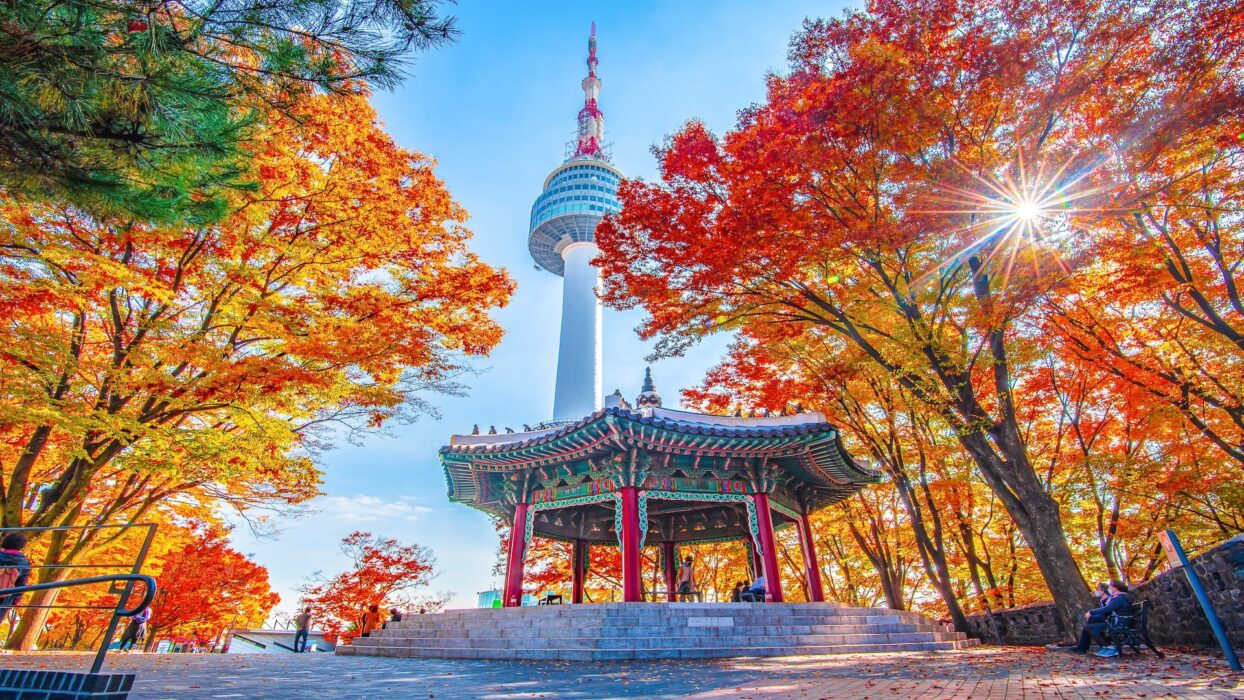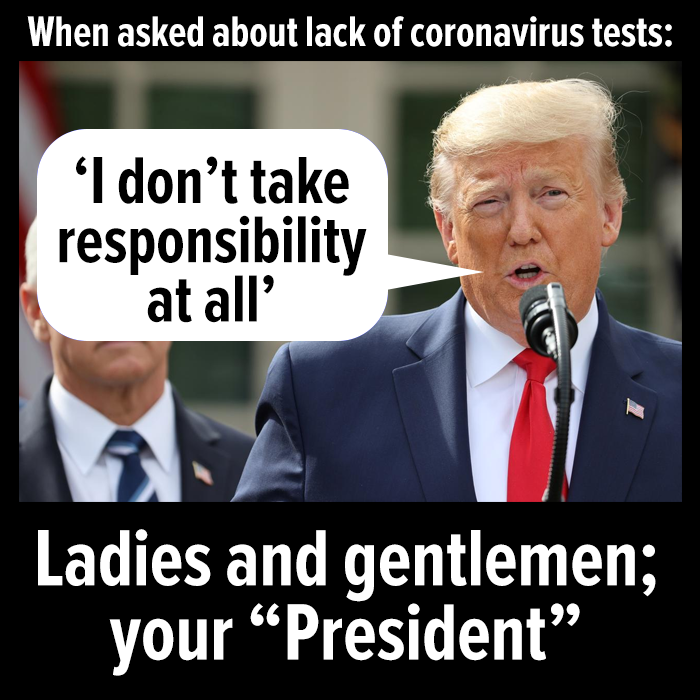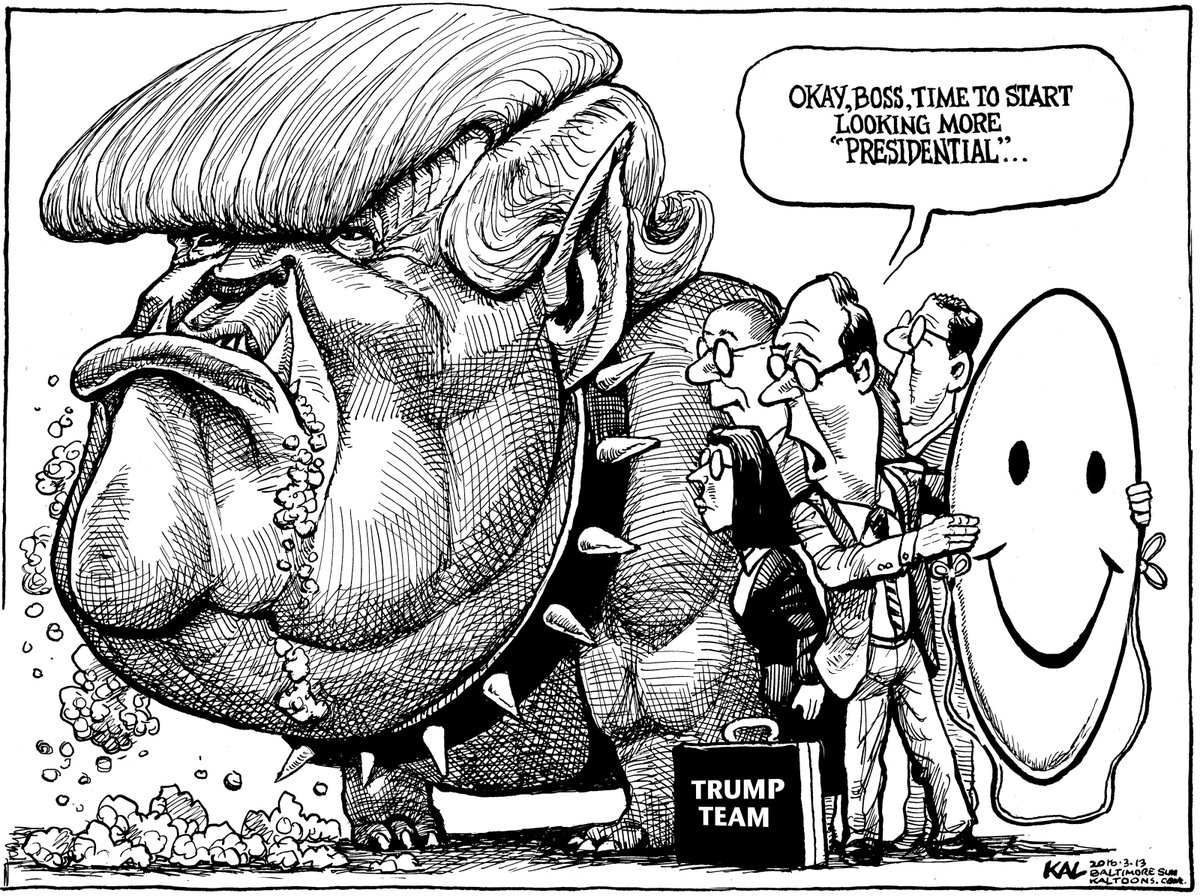Fixing Education in America: Lessons from the Best School Systems Around the World
America is a global leader in innovation, higher education, and creativity—but when it comes to K–12 education, the United States lags behind. Despite spending more per student than most countries, U.S. students rank in the middle of the pack on international assessments like PISA (Program for International Student Assessment). The problems are systemic, but not unsolvable. Across the globe, countries with fewer resources are achieving more by doing things differently—and smarter.
So, how can the U.S. fix its education system? Here are key reforms America needs, inspired by some of the most effective education systems in the world:
1. Elevate the Teaching Profession — Like Finland
In Finland, teaching is as prestigious as medicine or law. All teachers hold a master’s degree, and only the top university graduates are accepted into teacher-training programs. Once in the classroom, they’re given professional autonomy, trust, and high pay.
What America Can Do:
-
Raise salaries to attract top talent.
-
Require more rigorous and consistent teacher training.
-
Treat teachers as nation-builders, not just public employees.
-
Eliminate over-reliance on standardized testing and give educators more autonomy in the classroom.
2. Make Education Equitable — Like Canada
Canada’s decentralized system achieves world-class results without extreme inequality. Public schools in wealthy and poor areas deliver similar outcomes because funding is more equitable, and support for immigrant and indigenous students is prioritized.
What America Can Do:
-
Reform school funding so that it doesn’t depend so heavily on local property taxes.
-
Invest more in underserved schools, not less.
-
Provide holistic support for low-income students—nutrition, counseling, and family outreach.
3. Reduce Testing, Focus on Learning — Like Finland and the Netherlands
Excessive standardized testing in the U.S. often narrows the curriculum and increases student anxiety. Countries like Finland and the Netherlands have shown that you can achieve better outcomes with fewer tests and more project-based, exploratory learning.
What America Can Do:
-
End the over-dependence on standardized tests to measure student and school success.
-
Replace teaching-to-the-test with deeper learning through collaborative projects, problem-solving, and creativity.
-
Encourage student agency and critical thinking, not rote memorization.
4. Invest Early — Like Japan and Singapore
Top-performing countries don’t wait until middle or high school to start academic rigor. They invest heavily in early childhood education, laying a strong foundation for later success. In Singapore, for instance, early years are seen as critical for building character, curiosity, and core skills.
What America Can Do:
-
Expand access to high-quality preschool for all children, regardless of income.
-
Prioritize social-emotional learning alongside early literacy and numeracy.
-
Support parents with education and child development resources starting at birth.
5. Modernize Curriculum for the 21st Century — Like Estonia
Estonia, a small Baltic country, has made major strides by embracing digital learning, coding, and entrepreneurship from a young age. Their curriculum prepares students for a changing world, not one that existed decades ago.
What America Can Do:
-
Introduce digital skills, financial literacy, climate science, and ethics into the curriculum.
-
Partner with the private sector to bring modern tools and mentorship into classrooms.
-
Emphasize adaptability, not just academic content—students need to learn how to learn.
6. Rethink College-Readiness and Vocational Tracks — Like Germany
In Germany, students can choose from multiple respected paths—academic or vocational—based on their interests and strengths. There’s no stigma around apprenticeships or technical education.
What America Can Do:
-
Expand vocational and career-technical education (CTE) options in high schools.
-
Partner with businesses and unions to provide apprenticeships and on-the-job training.
-
Value diverse post-secondary outcomes—college, trade schools, the arts, and entrepreneurship.
7. Cultivate Whole-Child Education — Like South Korea (But Less Stressful)
While South Korea is often known for academic rigor, it’s beginning to shift toward less pressure and more creativity, acknowledging the toll that extreme testing takes on mental health. Holistic development—emotional, physical, ethical—is becoming more central in top systems.
What America Can Do:
-
Incorporate mental health education, physical wellness, and character building into every school.
-
Reduce homework and start school later to match adolescent sleep patterns.
-
Focus on engagement and joy in learning, not just academic achievement.
Conclusion: America Needs Bold, Not Cosmetic, Reforms
The American education system doesn’t need minor tweaks—it needs a deep structural rethinking. The U.S. must stop chasing short-term metrics and start investing in long-term human development. The solutions are already out there—proven by countries that spend less but achieve more. What’s missing is the political will, public consensus, and cultural shift toward treating education as a national priority on par with defense or the economy.
Education should be the ladder of opportunity. But in its current form, American public education too often reinforces inequality rather than reversing it.
The good news? With vision and courage, it can be fixed. And the world has already written the playbook.



















